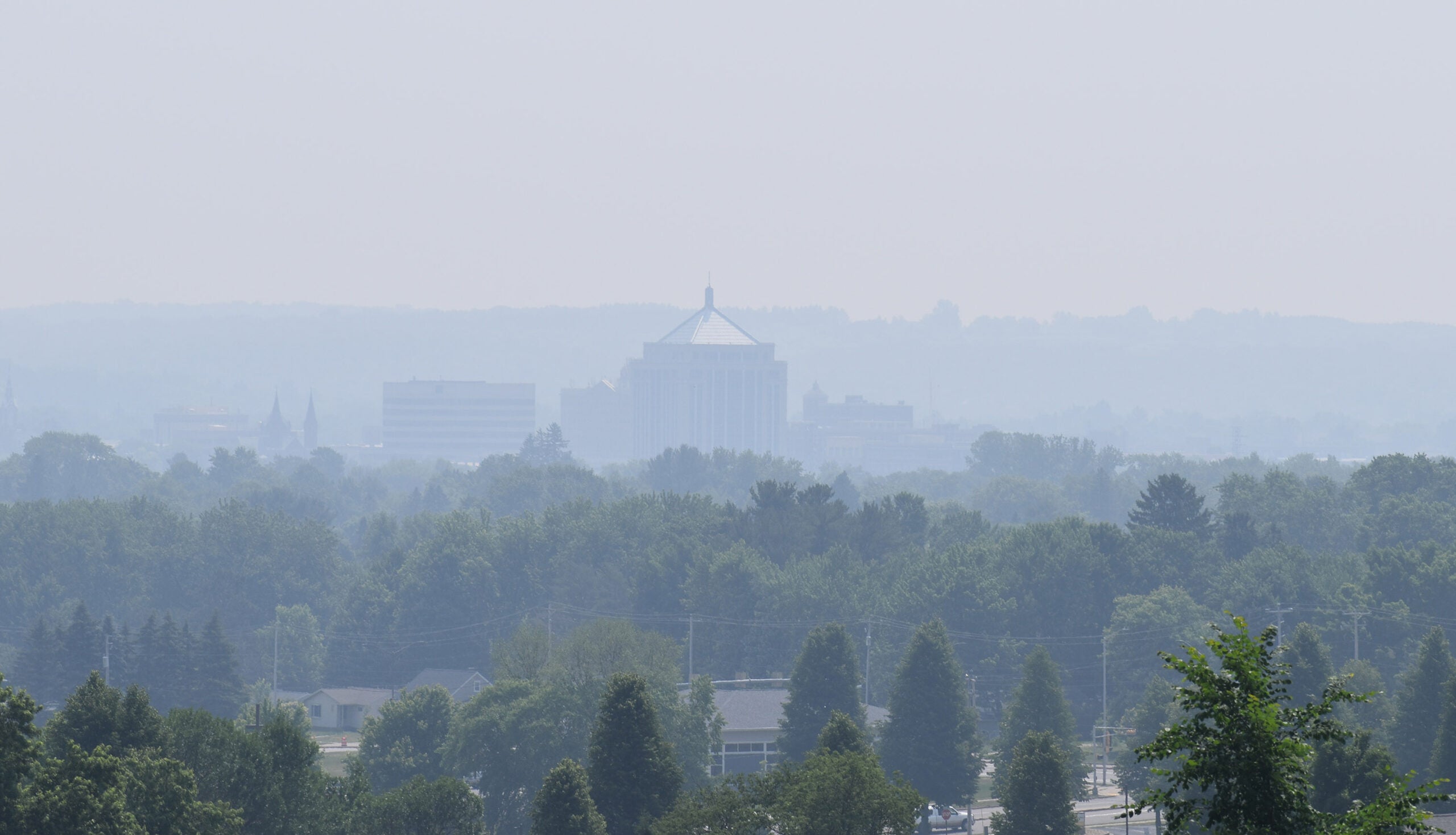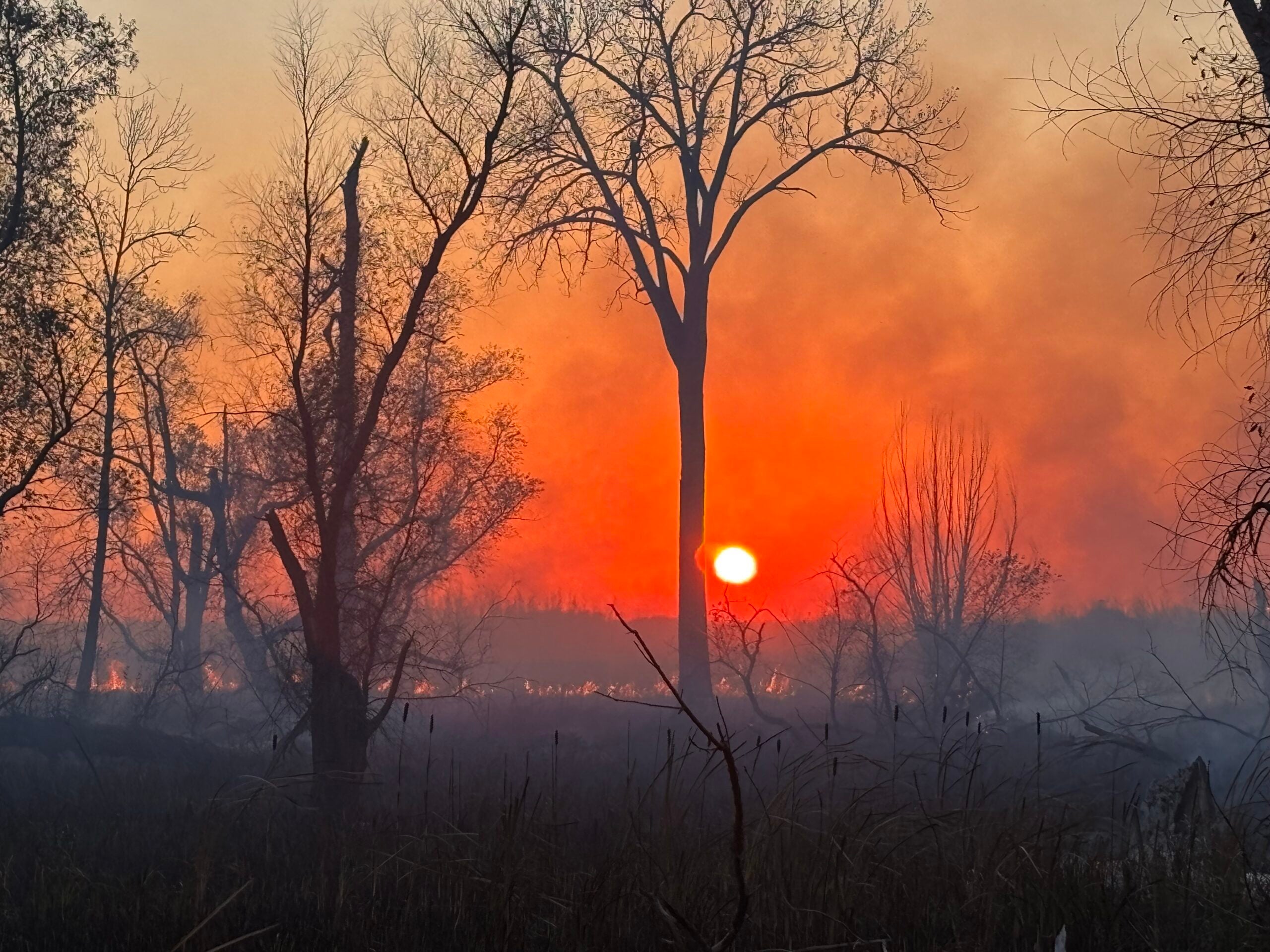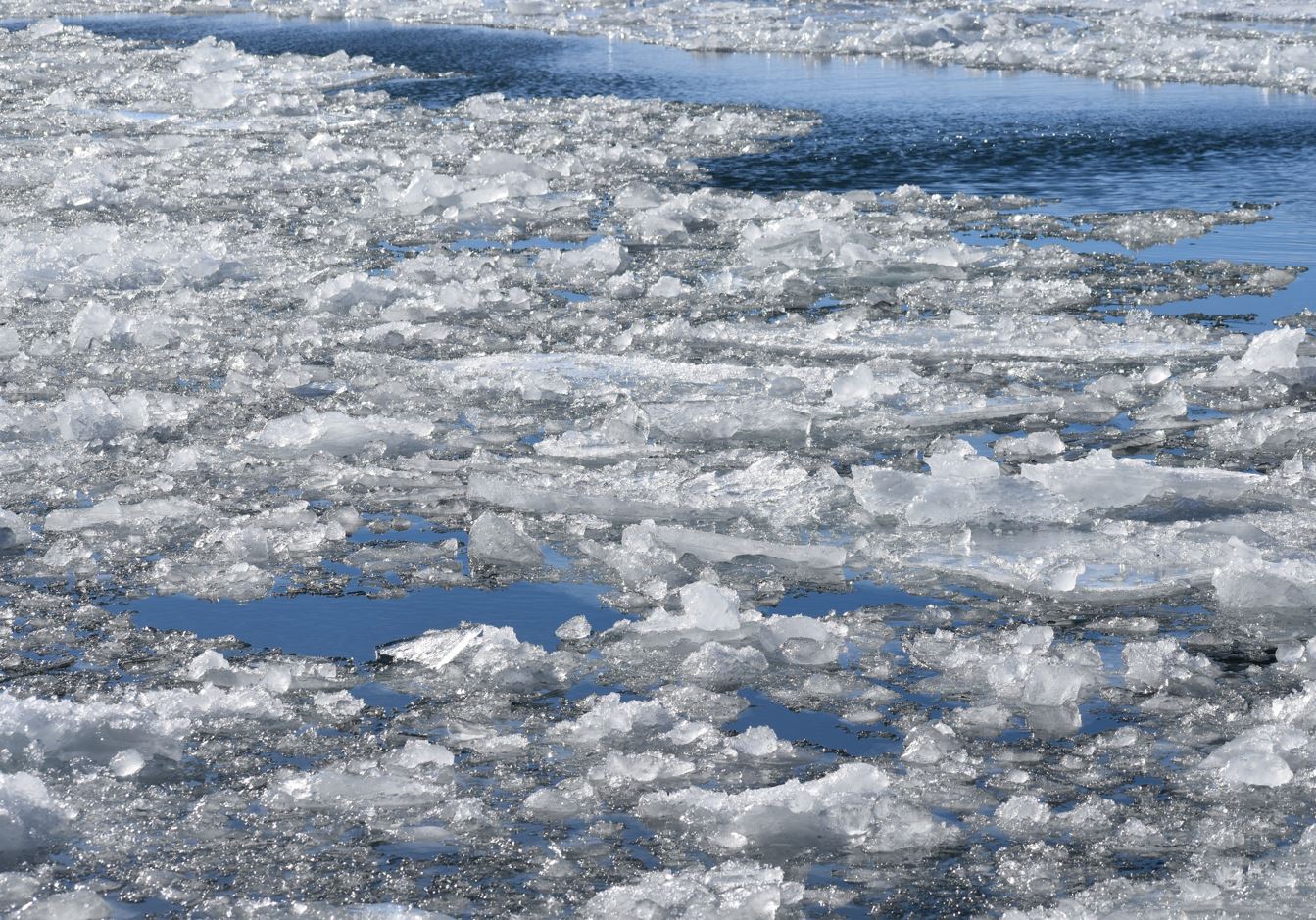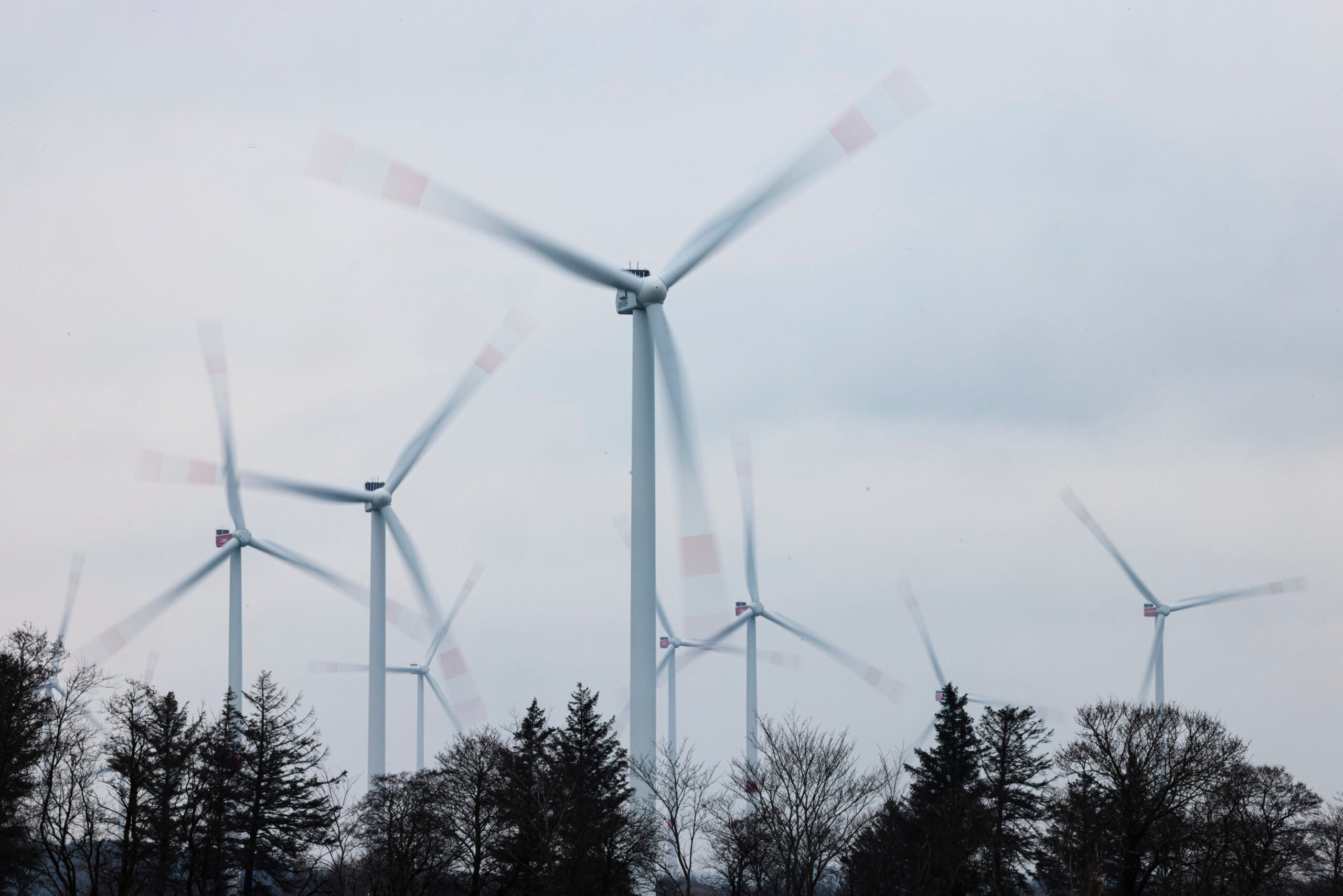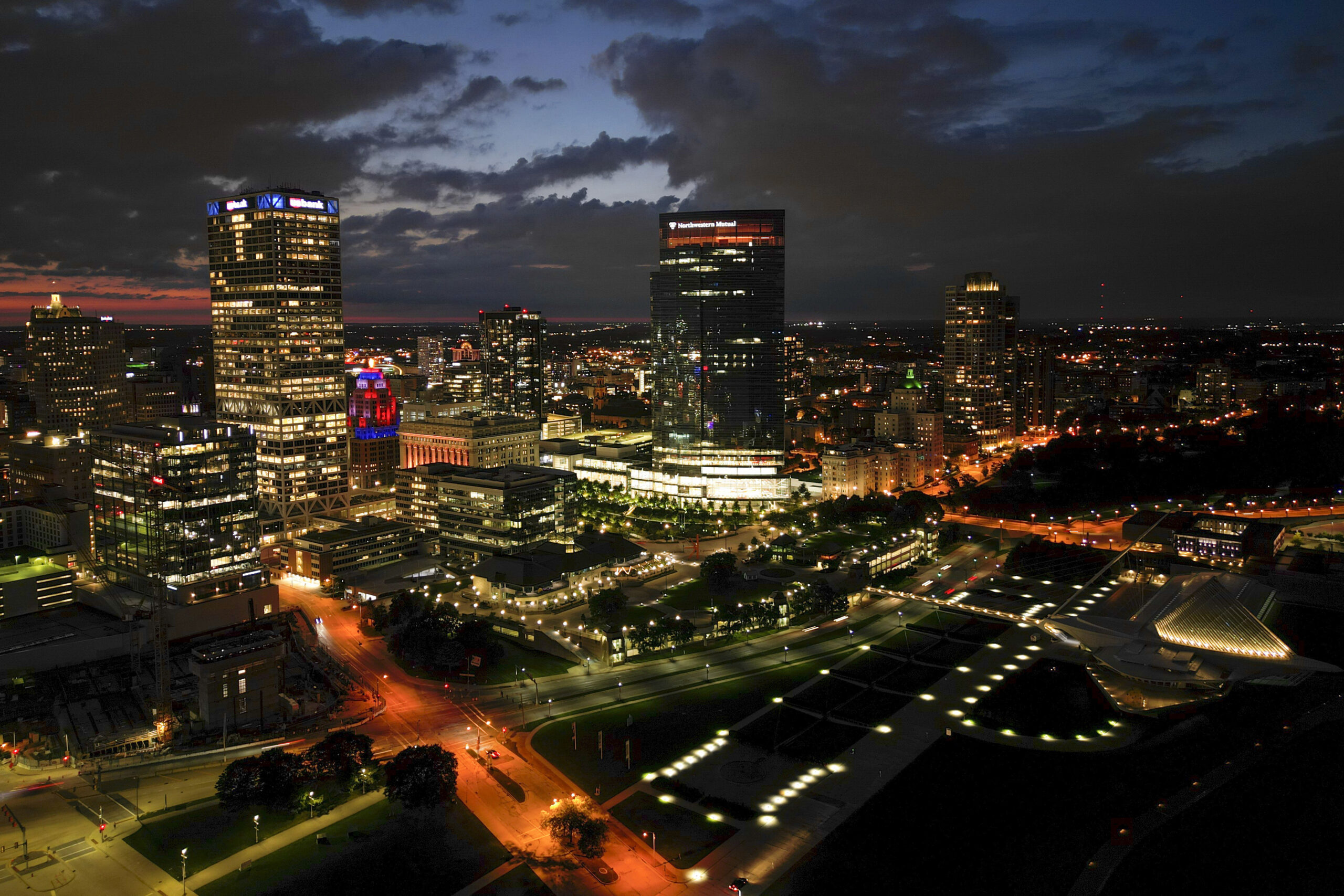Demonstrations by Colin Kapernick and other NFL players this year were criticized by many, and left others asking what type of protest could be considered acceptable. We discuss the history of dissent and how it’s been received. A scientist joins us to share how climate change is affecting Wisconsin, from seasonal shifts to increased flooding. We also discuss the long waiting list for nonimmigrant U.S. visas meant for victims of violent crimes.
Featured in this Show
-
Special Immigration Status For Victims Of Crime…But The Wait Is Long
There’s a special immigrant status for victims of certain violent crimes, including domestic violence and sexual assault. It’s called the U non-immgrant status, commonly referred to as a U visa. Advocates say these visas allow victims to work, drive, and leave an abuser, which would literally save lives. There’s one problem with this visa though…the waitlist. The wait to be approved for a U visa takes anywhere from three to ten years. We talk to an expert about this visa and why the waitlist is so long.
-
Climate Change Causing Higher Temperatures, More Rain In Wisconsin
Some of the state’s top researchers say climate change isn’t just a possibility for Wisconsin. It’s a reality that’s already happening, in the form of higher temperatures and more rain.
“Since 1939 for Madison we’ve been collecting weather observations,” said Michael Notaro. “If you look at the top 20 rainfall events, half of them have occurred since the turn of the (21st) century alone, so, in recent years we’ve had more frequent (precipitation) events of over 3 inches over the last decade than we had in the last six decades combined.”
Notaro is a senior scientist and the associate director of the Nelson Institute Center for Climatic Research at the University of Wisconsin-Madison. He says researchers at the Nelson Institute expect temperatures in Wisconsin to rise by 6 to 10 degrees Fahrenheit by the end of the century.
Average temperatures in northwest Wisconsin have already risen 3 degrees over the past 60 years. And these temperature increases have been most significant during the winter months, Notaro said.
Wisconsin winters have warmed more than any other season in recent decades, especially in the north-western part of the state, where average temperatures have increased as much as 4.5 degrees Fahrenheit. Wisconsin’s Changing Climate: Impacts and Adaptation. 2011. Nelson Institute for Environmental Studies, University of Wisconsin-Madison and the Wisconsin Department of Natural Resources.“Lake Mendota now has an ice season that’s about a month shorter than it used to be,” he said. “The Great Lakes are a lot more open in terms of water and lack of ice. By the end of the century we’re predicting anywhere from four to seven weeks less with snow on the ground.”
That could have big effects, especially in a state with an affinity for agriculture and hunting.
Notaro said less snow encourages deer mobility, and may increase the deer population. Less snow may cause some birds, such as Mallard ducks, to migrate south later in the season. And higher temperatures are threatening the state’s cold water stream fish, such as brown trout, because high temperatures limit reproduction, he said.
Most places in the world have also been seeing extreme heat, and Notaro said some scientific predictions indicate that could eventually happen locally.
If so, there would be even more severe agricultural effects.
A 2015 report from the climate change initiative Risky Business indicates that while increasing temperatures could extend Midwestern growing seasons, extreme heat could cause crop losses in some Midwestern states.
“We also know that corn is particularly vulnerable to extreme heat. On the other side, having more CO2 (carbon dioxide) in the atmosphere is also more favorable for the plants. So you’d have more photosynthesis,” Notaro said. “So there’s pros and cons, but the risk is there. With more extreme heat, more droughts, you’re gonna have more vulnerability to crop loss.”
Notaro also noted concerns about climate change and its impact on human health, citing the increase in rainfall as a major threat.
Notaro said increased precipitation is tied to temperature increases because warm air can hold more moisture. This change has been most drastic in the southern part of the state where southern counties are seeing 6 more inches of rain per year than they did in the 1950s.
“This is a risk to human health, obviously,” he said. “With extreme heat and also sewage overflow from extreme rainfall events and resulting cryptosporidium outbreaks in lakes.”
In 2015, the Wisconsin Department of Natural Resources announced plans to conduct a major internal reorganization. Among other things, the move dissolved the agency’s science services bureau, which had been in charge of climate change research. Notaro said that those changes have limited progress in the state on the climate change front.
Going forward, Notaro said it’s important for Wisconsin to start reducing fossil fuel emissions and adapting to negative climate changes that have already happened.
-
Climate Change Impacting Wisconsin Residents And Economy
From recreation to agriculture, climate change is already having a big impact in Wisconsin. Average temperatures have risen statewide in the last 60 years, and scientific models predict the trend will speed up. One of the state’s leading climate scientists talks about the numbers and the challenges they’re creating.
-
What Kind Of Protest Is A Good Protest?
From Colin Kaepernick to the Dakota Access Pipeline, protests by people and groups are seldom without controversy. Kaepernick has been criticized for disrespecting the American flag and the people who fought for it, while being lauded by others for standing up against racial discrimination. An expert tells us what it takes for a protest to be considered good or justified by the American public, and how history might regard some of the most divisive protests of today.
Do you judge all protests equally? What do you see as a “good” or “bad” protest?
Let us know by emailing ideas@wpr.org
You can also contact us here:
Tweet: @centraltimewpr
Facebook: https://www.facebook.com/theideasnetwork/
Call during showtime: 1-800-642-1234
Episode Credits
- Rob Ferrett Host
- Amanda Magnus Producer
- Dean Knetter Producer
- Haleema Shah Producer
- Robin Dalton Guest
- Michael Notaro Guest
- Kevin Gover Guest
Wisconsin Public Radio, © Copyright 2025, Board of Regents of the University of Wisconsin System and Wisconsin Educational Communications Board.

